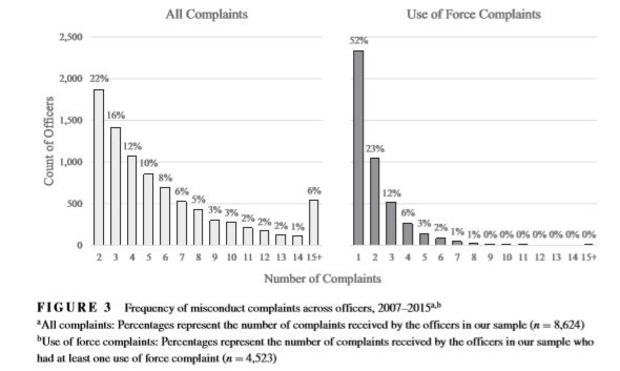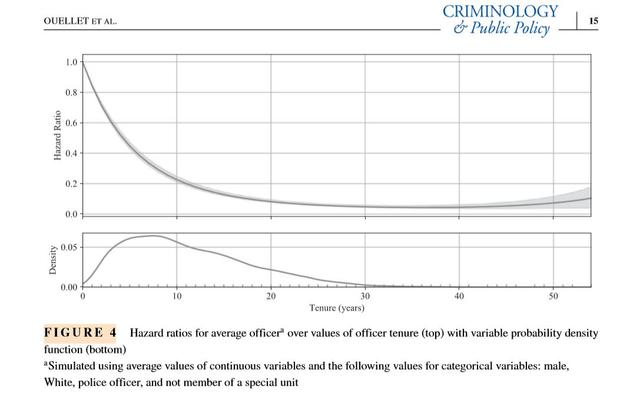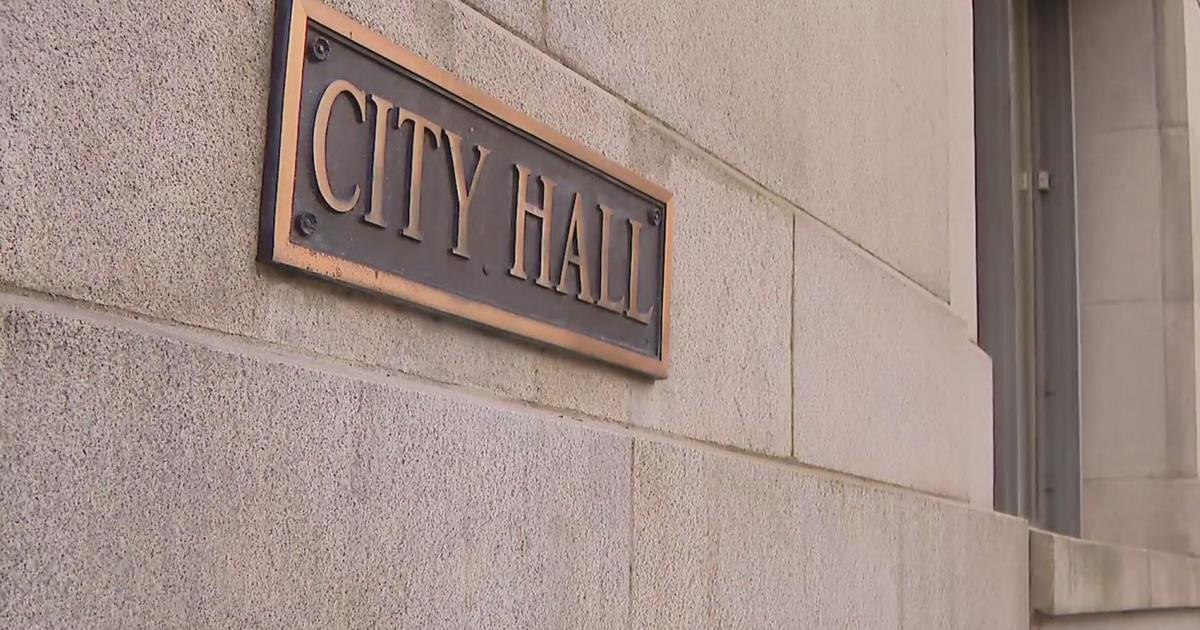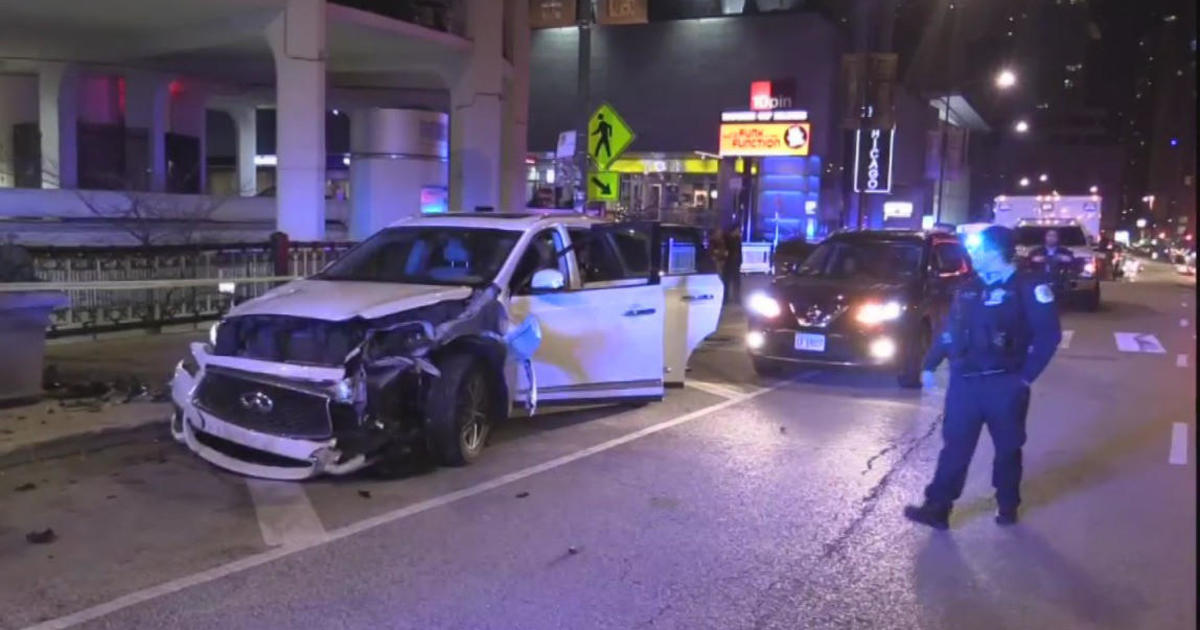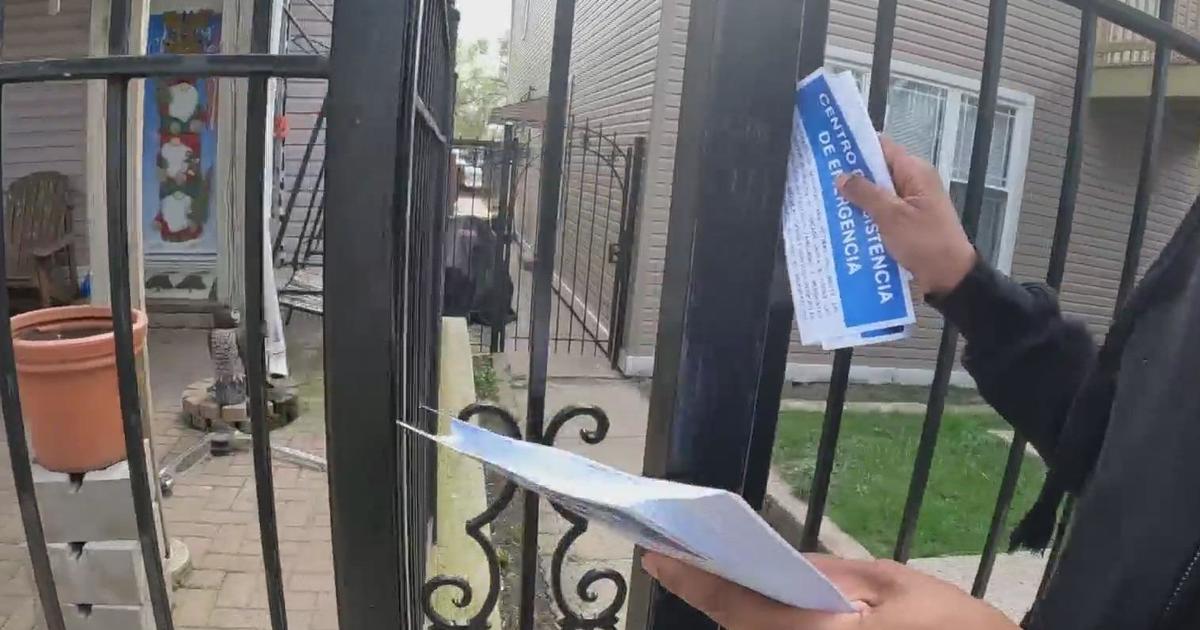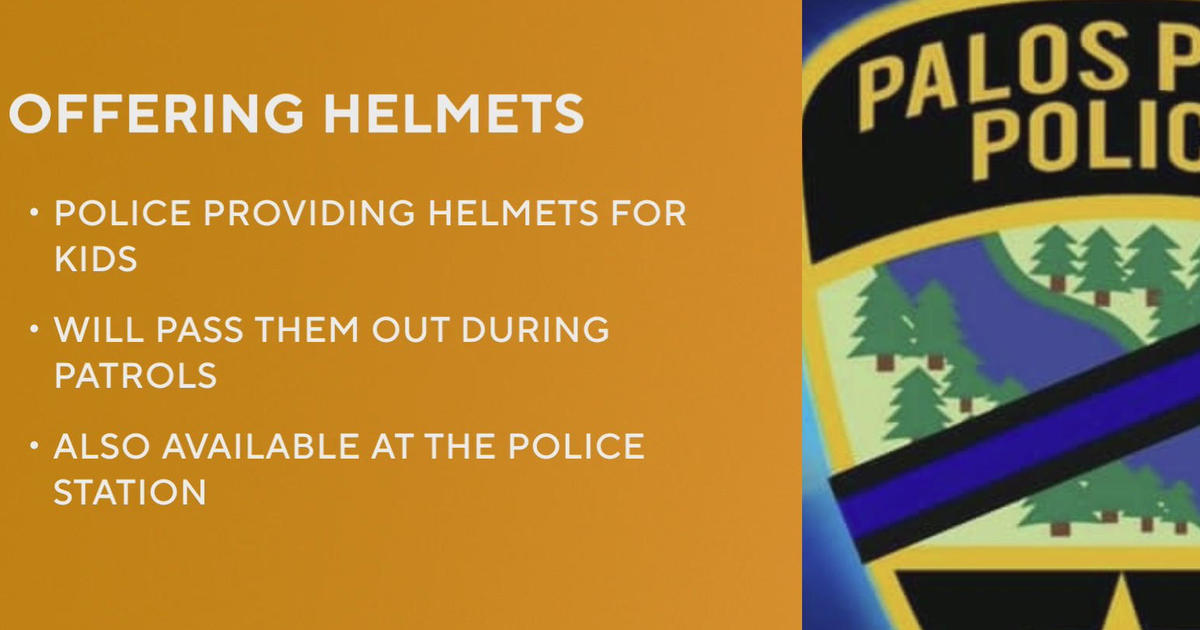'Bad Apples Rotting The Barrel:' Chicago Police More Likely To Use Excessive Force If Peers Do, Northwestern Study Shows
By: Dorothy Tucker, Samah Assad, Carol Thompson
CHICAGO (CBS) -- If Chicago Police officers work with individuals accused of misconduct, they are more likely to emulate that behavior, a Northwestern University study found.
The study, which took two years to complete, explored how an officer's exposure to peers accused of excessive use of force shapes his or her future involvement, through learned information.
The federal consent decree that mandated reforms within the Chicago Police Department, along with the shooting deaths of Laquan McDonald, Michael Brown, and Tamir Rice, served as a backdrop for the report. The context demonstrated the importance of addressing how the culture of a police department – and a lack of accountability – can impact the department. It can also fracture trust between the department and community it serves.
"When residents become cynical of the police, they tend to withdraw from contacting the police," the authors wrote, adding, "Police cannot do their jobs effectively without a working relationship with the community."
The team used formal network methods – scouring through officers' self-reported use of force reports and civilian complaints from the Invisible Institute – to measure how social relationships in the police department impact the likelihood of misconduct. It also emphasizes how just a few "bad apples" can be more than that, affecting the department in a systemic way.
"We're basically studying the process of the bad apples rotting the barrel," said Jason Gravel, who co-authored the report with Marie Ouellet, Sadaf Hashimi and Andrew V. Papachristos.
You Can Read The Full Study Below:
[scribd id=420381705 key=key-1sCzqmcSO1VfIb0A0kP2 mode=scroll]
What Did The Study Uncover?
The researchers reviewed 8,624 police officers who were named in multiple civilian complaints from 2007 to 2015 to garner a solid picture of officers' social networks – especially those who did not have a pattern of complaints, but their network consisted of officers who did.
The team's hypothesis focused on how officers learn and exchange cultural knowledge and constructs, which can include "deviant" behavior. They're findings include:
-
- Nearly half (48 percent) of officers who received a use of force complaint were named in repeated use of force complaints.
- While officers with five or more use of force complaints represent just 4 percent of the study's sample, that small group contributes to 29 percent of person-complaints for use of force.
- Gender, tenure and rank are associated with recurrent use of force complaints. For example, male officers were more likely to be involved in multiple complaints. Female officers are less likely to be involved and could actually be a deterrent.
If an officer's network consists of nearly 4 out of 10 officers with a history of use of force, the officer is 26 percent more likely to be involved in a future use of force complaint.
-
- Officers who were embedded in networks with a greater proportion of colleagues previously named in use of force complaints were more likely to be named in subsequent use of force complaints.
- Each additional past complaint an officer received increased the likelihood of a future complaint by 7 percent.
- Use of force is much more likely in the early part of an officer's career, within the first decade on the job.
The report hypothesized officers may rely on what they have heard or observed when making challenging decisions – much of which may be learned through their colleagues.
"They're a small number of people, but when these behaviors are not addressed or they go on for a certain number of years, we have to think this is a problem that gets compounded," Gravel said.
CBS 2 has reported on multiple incidents where civilians accused Chicago Police officers of excessive use of force. In January, video captured Dnigma Howard, a 16-year-old student at Marshall High School, involved in an altercation with officers. The video showed an officer dragging her down the stairs, and she also said police tased her. Her family filed a lawsuit.
"I think about it every day," Howard said. "I have had bad dreams."
Records from the Invisible Institute show one of the officers involved in the altercation, Johnnie Pierre, has had 18 civilian misconduct complaints made against him – some of involved other officers with multiple complaints against them. The other officer involved in the altercation, Sherry Tripp, has had three civilian misconduct complaints. Both officers are currently listed as active in the department and have been, or will be, placed on administrative duties, police said.
Finding Solutions
The researchers made recommendations they believe could contribute to reform and improving trust with the community if implemented by the police department. They include:
• Isolate officers that engage in improper use of force, at least until problematic behaviors are addressed.
• Place an emphasis on training officers, especially recruits, to the department's set of values, principles and code of conduct.
• Consider how assigning officers with histories of use of force could impact behavior of other officers; temporarily removing officers named in complaints from the field until behaviors are addressed may limit negative consequences of exposure, the report said.
• Limit number of officers with histories of use of force complaints from working as partners or in the same unit.
• Expand the police department's early warning systems that are currently in place to also account for officers' network characteristics when reassigning officers.
The researchers of the study acknowledged limitations they experienced while conducting the study, including underestimating the true network of officers because the complaints they reviewed "only make up a fraction of the social ties between officers."
In addition, they cited a lack of information available regarding outcomes of complaints, including whether or not they were sustained, as well as officer beat/geographic assignments.
They noted assignments to higher crime neighborhoods may also explain a variation in complaints.
But they believe the study demonstrates how exposure to just a few officers involved in misconduct could impact the entire organization. And to ultimately bring positive changes to the department – and build a better relationship with community as a whole – Gravel said it's critical officers engaged or involved in excessive use of force are held accountable. One way to do this is to remove the "bad apples," address the problems and ensure other officers are not exposed to the same behavior, the report said.
"If [an officer sees] someone who gets these complaints, and nothing bad happens to them," Gravel said, "then they might push that limit."
You can hear more from Jason Gravel, co-author on the study, in the video below:
